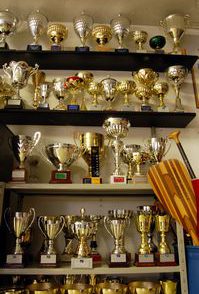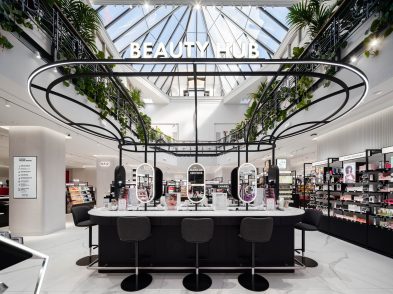“Some people get scared by the terms ‘conservation’ and ‘renewable energy’ because they think they have to completely transform their lifestyle to help protect the environment’’.So says architect Lorenzo Parretti on the practical effects of ‘going green’ in order to decrease our dependence on fossil fuels like coal, natural gas and petroleum. ‘But’, he continues, ‘if every household were to make just a small change, we would really see a big difference in Italy’. Parretti is quick to add ‘and you don’t have to be altruistic about it—you’ll save money too’.
Saving money might be the leverage needed to promote positive lifestyle choices that incorporate environmental considerations since the average Italian family’s typical yearly energy bill is about 1,500 euro. When asked to name some easy changes Florentines can make to help the environment, Parretti does not hesitate. ‘Replace incandescent light bulbs with compact fluorescent bulbs, and buy locally grown produce, since transporting food uses a huge amount of petroleum’. Changes like these can make a substantial impact on the environment. Just recently, Australia announced it will phase out incandescent bulbs by 2010, and the European Union appears ready to follow.
‘Green’ has quickly become the color of choice: the UN’s recent climate change report says that human activity has been the primary cause of global warming through the use of fossil fuels; the EU announced it will reduce greenhouse gas (or fossil fuel) emissions by 20 percent by the year 2020; and Al Gore’s film on the perils of global warming, An Inconvenient Truth,won the Oscar for Best Documentary.
Most large-scale electricity generating plants use fossil fuels. However, companies like Enel SpA, Italy’s largest electricity supplier, have begun researching, investing in and producing ‘renewable’ energy sources. Renewables got their name because their supply is virtually endless. Solar, wind, hydroelectric, and biomass are all examples of clean ‘renewables’ that don’t produce carbon dioxide or greenhouse gases—commonly known as pollution.
Decreasing pollution isn’t just responsible behavior, it is also good business, and the financial community is taking notice. Only a few years ago, investors seeking ‘green’ options had a limited choice of socially responsible companies and investment vehicles to choose from. Global financial consultants UBS and Goldman Sachs both recently advised clients not only about the increased variety of opportunities now available, but have also started to counsel clients on the risks involved in failing to consider climate change in their investments.
While pursuing new technologies in order to capitalize on renewable natural resources is a big step for some energy companies, many fail to promote basic conservation programs. The energy saved by consumers is energy not purchased from a supplier. But the fault cannot be laid completely at the feet of the big energy supplier.
Because of ‘environmental numbness and individual self-interest,’ as pointed out in a recent Journal of Social Issues article on environmental psychology, change can be very difficult for consumers. In Italy, however, the 2003 blackout that left almost the entire country without power for as long as 18 hours created increased awareness on the vulnerability of the country’s energy sources.
So, there is hope, and when Italian demand turns to more environmentally-friendly products, Italian suppliers will be ready. Alessandro Merli, of MERLI, a full-service construction supply house in Regello, is evidence of this shift. While currently only a small percentage of his customers ask for bio-friendly products, Merli said, ‘I’m looking to the future; if it makes good business sense to enter this business, we’ll do it’.
There are also opportunities for tradesmen, architects and even high school students to learn the practical considerations of transforming Italy’s energy consumption. Architect Rainer Winter is founder of Ecoform. In courses held at the Panta Rei Center for Environmental Education, Winter emphasizes appropriate building technologies. ‘The most important goal in any building project should be to use the best, low-cost, appropriate materials for the particular job’, Winter says, ‘whether that means insulating with straw or erecting state of the art photovoltaic solar panel collectors’.
Tax deductions and incentives are also available for homeowners who incorporate renewable energy sources. So, not only is change possible, it is rewarded. With Florentine alternative energy professionals helping to integrate new technologies and products, it’s easier than ever to be green.






